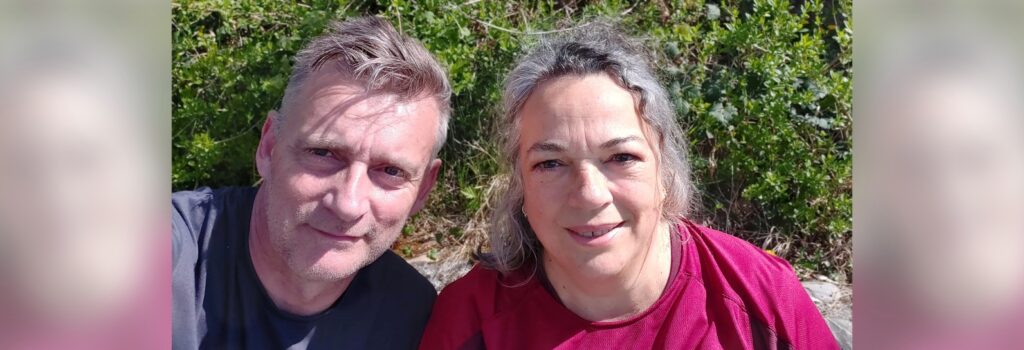Now living in Switzerland, expat partner Annet van t Westeinde visits imprisoned compatriots in association with the Dutch Probation Service – a voluntary role she first performed in Spain.
Relevant work experience
So how did Annet end up with this voluntary role? “Well, I had been a nurse in the medical unit of a prison for 10 years. Then, when I moved to Spain as an expat partner, I just happened to see a volunteer role with the Dutch Probation Service advertised on my embassy’s website,” says Annet, who also worked as a nurse on the frontline of Covid-19 in Zurich.
Clear guidelines
“While I had experience of working in a prison, and I was very comfortable talking to prisoners, all volunteers must undertake training to perform this role. There’s a list of questions for volunteers to ask, all related to specific topics that the Probation Service wants to bring to each prisoner’s attention.”
Life after prison
“For example, volunteers will ask the inmate if they have considered studying a course so they can get a diploma that might help them find work in the future. Volunteers will also ask the prisoner if they have registered for housing in the Netherlands as they will return home after they’re released,” says Annet, who adds that there are approximately 300 volunteers performing this role for the Dutch Probation Service in 46 countries worldwide.
First-time volunteers
“If there is a first-time volunteer, a more experienced volunteer in the same country will be assigned to accompany them as they might be very nervous or intimidated when entering the facility. Of course, the training we receive is important for everyone. For example, if the prisoner becomes aggressive, the volunteer will know how to respond in a way that calms the prisoner down. Sometimes a prisoner might believe a volunteer is there to solve all their problems. But we’re only there to highlight what options they have.”
Proud volunteer
“It’s obviously a lonely life for the prisoners. They might be homesick or depressed. Many have financial problems back home. Most of them have come from disadvantaged backgrounds. Without this service they will often feel as if they have no options and nowhere to go. So we’re there to show them that there are positive steps they can take to rebuild their lives. I am very proud to be in a position to perform this role.”
Photo: Annet with her partner
This article was originally published for the thousands of expat partners that Global Connection supports around the globe. It is reproduced here in its original form.





